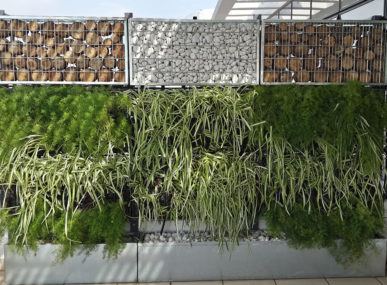Created in 2015, Tunisie Coop hosts a community of consumers through various activities, in particular the organisation of a weekly market: Le Souk de la Coop. This initiative allows consumers to buy fresh products from small producers, thus supporting local economies. The goal of the cooperative is to provide quality and traced products to meet the growing need of consumers to know a product’s origins. Tunisie Coop also advises farmers on environmental conservation measures and gives support when difficulties arise. The cooperative gives visibility to the products of farmers (men and women) whose work is valued and remunerated more fairly.
Meet Naoufel Haddad, President of Tunisie Coop.









